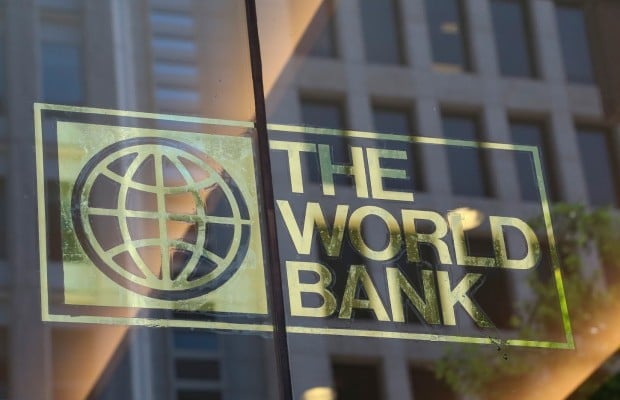WASHINGTON, June 27, 2025 – The World Bank Board of Executive Directors today approved $360 million from the International Development Association (IDA) for the Second Resilient Recovery Development Policy Financing operation to support the Government of Ghana’s efforts to restore macroeconomic stability and reinforce the foundations for more sustainable and resilient economic growth for job creation.
“The successful implementation of reform actions under the IMF program and the Development Policy Operations series (DPO) has strengthened macroeconomic stability, restored investor confidence, and laid a solid foundation for sustained economic recovery and inclusive growth. We are confident that the measures supported by this DPO will help our efforts to enhance fiscal discipline and build a more resilient and inclusive economy, capable of withstanding future shocks,” said Honorable Cassiel Ato Forson, Minister of Finance.
The Second Resilient Recovery Development Policy Operation is part of a broad World Bank engagement for crisis response and resilience in Ghana. Its objectives are to: 1) restore fiscal sustainability; 2) support financial sector stability and private sector development; 3) improve energy sector financial discipline; and 4) strengthen social and climate resilience.
“Entrenching fiscal and debt sustainability, improving the business environment to attract investment and create jobs, addressing the long-rooted energy sector challenges, and protecting the most vulnerable – measures supported by this financing – continue to be urgent priorities for Ghana. They are essential steps for the country to revitalize its domestic private sector, build resilience against climate change, and improve the quality of life of its people. We look forward to continuing to support Ghana to accelerate and deepen these reforms going forward.” said Robert Taliercio, Division Director for Ghana, Liberia and Sierra Leone.
The specific reforms supported by the program will promote fiscal discipline and greater domestic revenue mobilization, enhance the stability of the financial sector and promote private investment for a private-sector-led growth. It will also support measures to improve the financial sustainability of the energy sector, ensuring efficient management and operations. Additionally, the program will invest in reforms to bolster social resilience and integrate climate-related considerations into public policy, fostering sustainable development.


